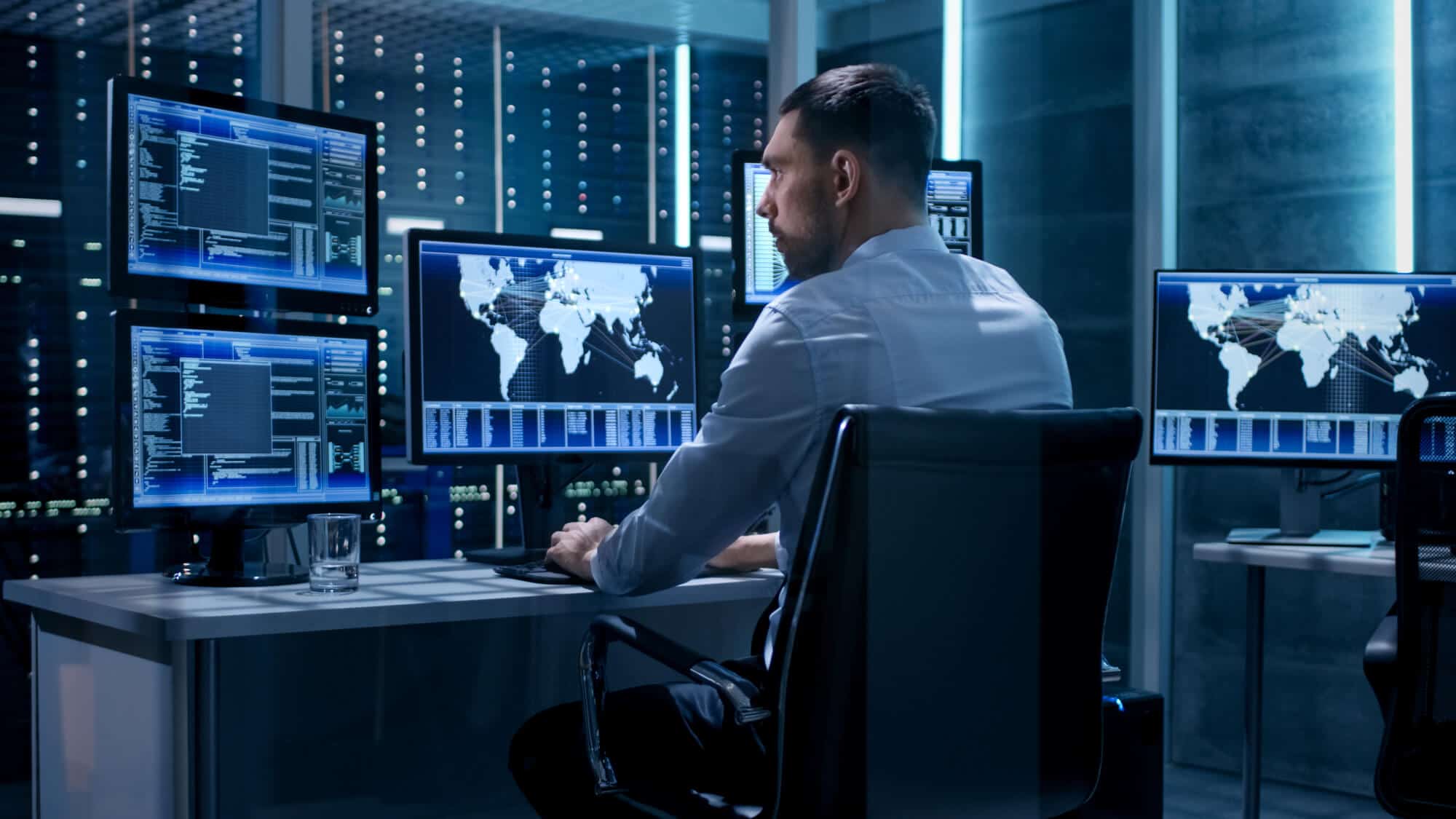The importance of cybersecurity in a digitalized world cannot be understated. Technology is now the norm in our daily lives. Cyber-attacks are rapidly evolving. Organizations must fortify their defenses against cyberattacks. These positions are crucial to protecting sensitive information and maintaining integrity of the digital systems.
Security Architects have mastered the art of cybersecurity. Security architects design and build robust security systems which protect the electronic infrastructure of an organisation from every type of threat. These experts are the architects of a secure ecosystem. In order to understand the intricacies of an organization’s technological landscape they create solutions that are balanced between security and function.

Security Architects work closely with the various stakeholders, like the IT team and management, to ensure that security measures are aligned with business objectives. It is crucial that they have a thorough understanding of security protocols, encryption techniques and the best practices in the industry. Security Architects need to stay up to date with technological advancements so that they can mitigate and anticipate emerging threats. For more information, click Cybersecurity Analyst Jobs
Cybersecurity analysts are detectives in the world of technology. They are charged with monitoring systems continuously for indications of security breaches or vulnerabilities, these professionals are adept at identifying as well as analyzing and responding to security incidents. They can help dissect attacks to identify the strategies and develop strategies for preventing the occurrence of future incidents.
Analysts are typically proactive in their approach, employing methods like penetration tests and vulnerability assessments to find vulnerabilities before malicious agents take action. Their work can help improve the security of an organisation, by making sure potential risks are addressed quickly.
Penetration testers, sometimes known as ethical hackers, are the adversaries which organizations employ to test the resilience of their security measures. These experts simulate cyberattacks real time to find vulnerabilities that malicious hackers may be able to exploit. When they adopt the mindset of cybercriminals, they discover security weaknesses that are otherwise unnoticed.
Flexibility and creativity are crucial for the role of the penetration tester. The professionals must be in the forefront of technology by continuously improving their abilities and thinking outside of the box. Their assessments offer valuable insights for companies on their security weaknesses, allowing them to take proactive actions.
DevSecOps is a revolutionary method of developing software that integrates security at every stage in the lifecycle. DevSecOps experts collaborate with the development and operations teams to implement security procedures right from the beginning instead of putting security as a last resort. This ensures security is integrated into digital products, systems and services.
DevSecOps experts improve security procedures, automate testing and ensure that patches for security are quickly implemented. This proactive approach allows companies to quickly respond to emerging security threats. DevSecOps experts play a vital role in bridges between development and security. They promote a mindset that secure code is a part of the responsibility.
Cybersecurity Engineers are architects of defense systems. They design, develop and maintain security systems to secure an organization’s digital assets. They create and maintain protective measures, including firewalls security systems, intrusion detection systems encryption protocols, and access controls.
Cybersecurity Engineers need to have technical expertise and an understanding of network architecture. They not only implement security measures, but they also participate in risk assessments including threat modeling, incident response strategies. In a rapidly changing threat environment, Cybersecurity Engineers are at the forefront of developing innovative strategies to defend.
The Chief Information Security officer (CISO) is the highest place in the security hierarchy. CISOs are the leaders of strategic importance who are responsible for coordinating cybersecurity initiatives with the organization’s overall goals for business. They design comprehensive cybersecurity strategies to manage budgets and make critical business decisions that impact an organization’s security posture.
CISOs must possess the necessary skills that encompass technology, management, and risk assessment. They act as a link between experts in technical fields and the C-suite by translating complex security concepts into tangible information for executive leaders. In a time where cyber-attacks can have far-reaching impacts, the role of a CISO is crucial to ensuring the resilience of an organization’s digital environment.
In conclusion, the scope of careers in cybersecurity is wide and interconnected. Each one of them is vital to reaching the ultimate purpose of securing your data and digital assets from cyber-attacks. Each role is unique in that it involves the creation of secure systems, dissecting cyber attacks as well as integrating security into developing processes, or designing defence mechanisms.
With the rapid advancement of technology, demand for cybersecurity professionals will only continue to grow. All sizes of organizations and sectors will depend on the experts of this field to navigate the complicated world of cyber-related threats. It doesn’t matter if you’re interested in the detailed analysis of a Cybersecurity Analyte, or the strategic management of the role of a CISO The field of cybersecurity is a rewarding career path.